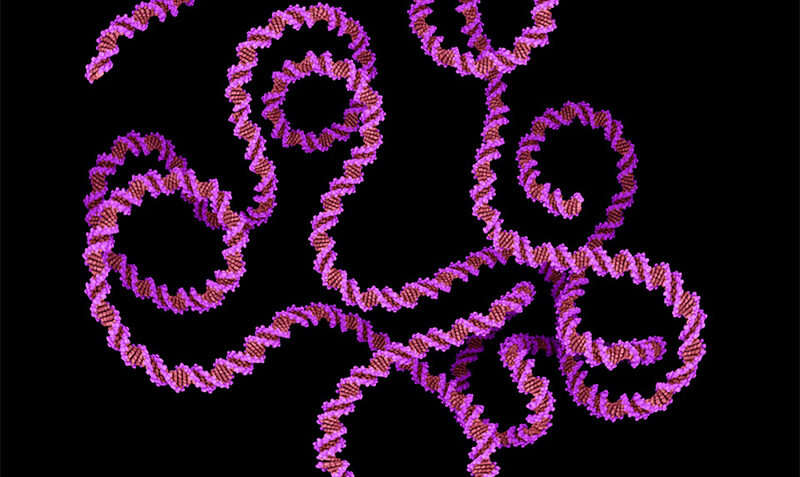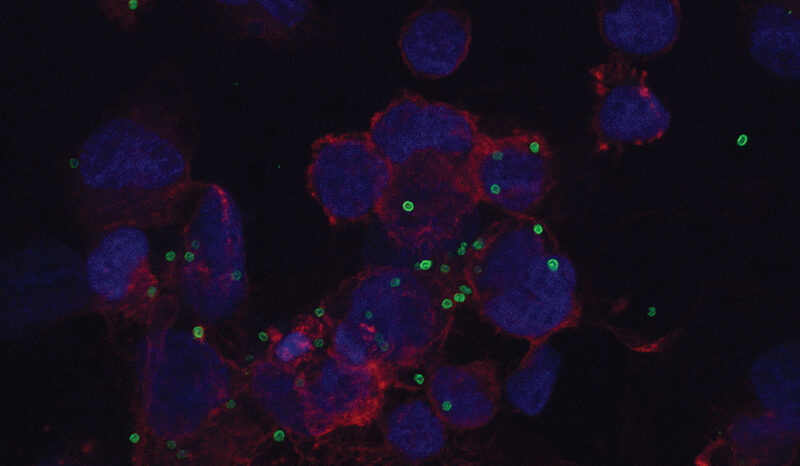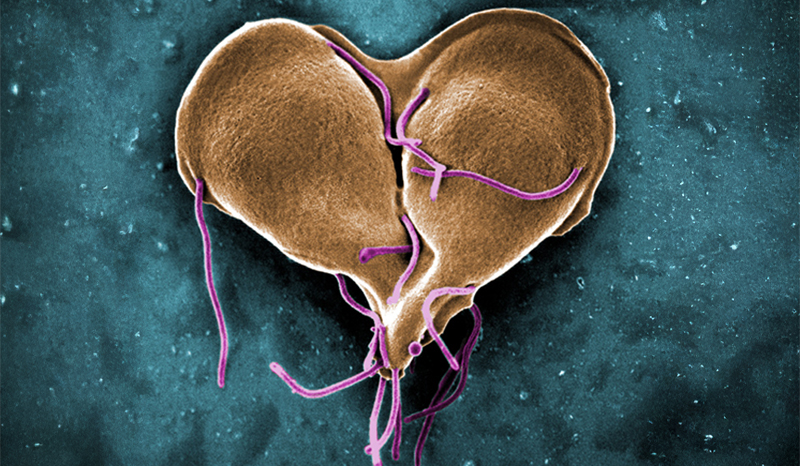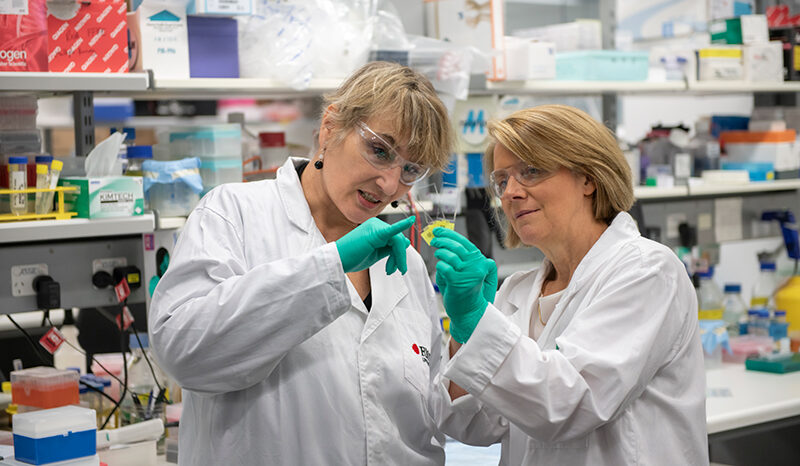More than 1000 people with stage 3 colon cancer across Australia, New Zealand and Canada took part in the study and all had blood taken about six weeks after surgery to remove their primary colon cancer.
If no ctDNA was detected, patients were considered ‘low-risk’; if ctDNA was present, they were deemed ’high-risk‘. Participants were then randomly assigned to receive either standard chemotherapy or treatment, guided by their ctDNA results.
Prof Tie, also a medical oncologist at the Peter MacCallum Cancer Centre (Peter Mac), said the findings show how ctDNA could bring true precision medicine to colon cancer.
“ctDNA is a powerful tool that can help guide treatment choices and identify which patients might safely receive less intensive treatment and those who might need to seek alternative options,” she said.
“Right now, we give most stage 3 patients the same chemotherapy, but ctDNA testing can help tailor treatment based on individual risk.
“For some patients, this means a less intensive approach may be just as effective while reducing unnecessary toxicity from chemotherapy, such as oxaliplatin, and improving their quality of life.
“The DYNAMIC-III study shows that a blood test can help to give patients more personalised, risk-adapted chemotherapy by identifying who may benefit from full-intensity chemotherapy and who can safely receive a reduced regimen.”
Outcomes were excellent among the patients identified as low risk based on their ctDNA levels, with 87% remaining cancer-free three years after surgery.
“These patients were able to safely receive less chemotherapy, leading to fewer hospitalisations and a reduction in side-effects such as nerve damage, with only slightly lower cancer free survival,” Professor Tie explained.
By contrast, patients whose ctDNA remained detectable after surgery had a much higher risk of recurrence – only about half remained cancer-free at three years, and the risk worsened as ctDNA levels rose.
For this group, receiving more intensive chemotherapy did not improve results, suggesting new treatment approaches are needed.














